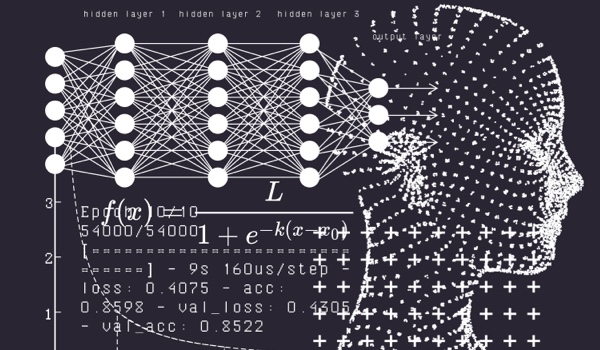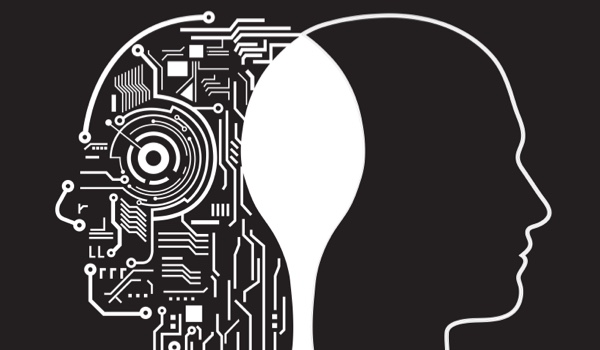


PARIS - The idea of human control over technology is pervading almost all principles and guidelines pertaining to ethics applied to AI. Building on the idea that humans must remain in control of technological tools, most guidelines pertaining to artificial intelligence (AI) are calling for such control trying to keep humans on/in/out of the loop.
Yet, looking at the situation closely it seems that keeping control over AI is all but obvious, and that in some cases control has even been lost.
Hence the question: Why do we still pretend that we have, or must keep control over AI, while it is clear that we are in fact losing it?
Tech as a tool to control the environment
To understand the ideas that underlie this belief in control, one must move back to the concept of technê (art or craft) developed in Aristotle’s taxonomy of knowledge, and which refers to the art that consists in implementing processes aiming at producing tools that imitate or complete nature. Technê is thus a means to an end, namely, to control our environment to make it less hostile and increase our wellbeing. To that end art “partly completes what nature cannot bring to a finish, and partly imitates her,” as Aristotle put it in his Physics.
Technê is at the root of the modern word “technics” and its derivative “technology” which refers to the discourse on technics. As one can see, the origin of the word implicitly conveys the idea of progress, i.e., technology is beneficial for it allows us to control our environment and, consequently, to increase our satisfaction.
Technics have for centuries been associated with progress allowing us to make our environment less hostile, our existences easier, pushing the limits of life back further, abolishing suffering, nay death itself.
In other words, control offers us the promise of natur
The content herein is subject to copyright by The Yuan. All rights reserved. The content of the services is owned or licensed to The Yuan. Such content from The Yuan may be shared and reprinted but must clearly identify The Yuan as its original source. Content from a third-party copyright holder identified in the copyright notice contained in such third party’s content appearing in The Yuan must likewise be clearly labeled as such. Continue with Linkedin
Continue with Linkedin
 Continue with Google
Continue with Google









 1944 views
1944 views








